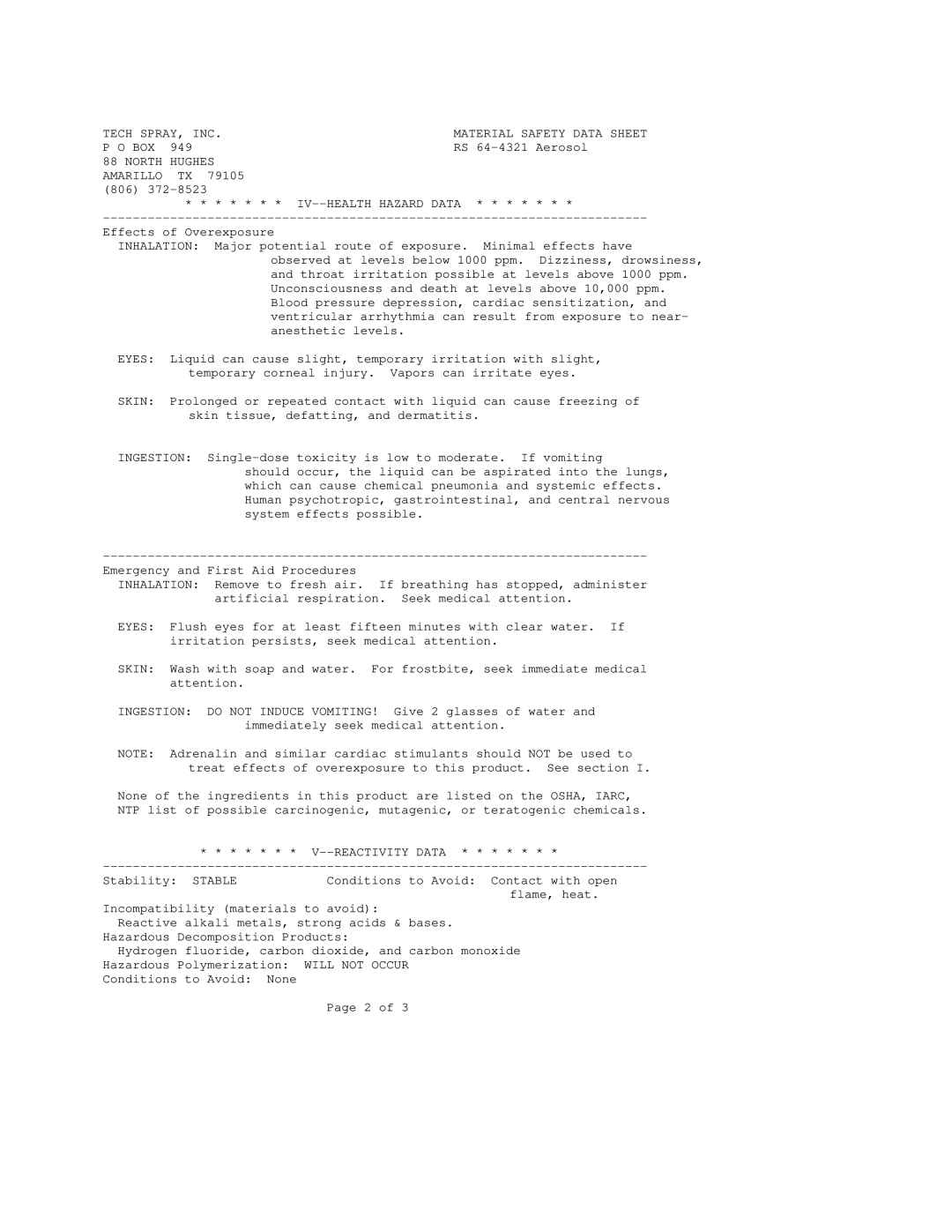640-4321 specifications
The Radio Shack 640-4321 was an emblematic product in the realm of early personal computing, released during the rise of home computers in the 1980s. This microcomputer stood out for its innovative features, making it an attractive option for both hobbyists and professionals alike.One of the key characteristics of the Radio Shack 640-4321 was its robust hardware configuration. It was powered by a Zilog Z80 processor, which operated at a clock speed of 4 MHz. This made it capable of executing a variety of tasks efficiently, catering to both basic computing needs and more sophisticated programming projects. The system boasted 64 kilobytes of RAM, a substantial amount for the time, allowing users to run multiple applications and store more data than many of its competitors.
The 640-4321 came with a built-in cassette interface, enabling users to load and save programs using standard cassette tapes. While this might seem outdated by modern standards, it provided an economical option for data storage during its era. Additionally, users could enhance their computing experience with optional floppy disk drives, which were becoming increasingly popular for their speed and reliability in data retrieval.
In terms of display capabilities, the Radio Shack 640-4321 supported a variety of monitors, including color and monochrome displays. This flexibility allowed users to choose based on their specific needs and budget. The machine supported a resolution of 640x200 pixels, which provided clear visuals for text-based programs and early graphical applications.
One distinguishing feature of the 640-4321 was its compatibility with a wide range of software. It ran on a version of the CP/M operating system, which was one of the most widely used operating systems for microcomputers at that time. This ensured that users had access to an extensive library of software applications, including word processors, spreadsheets, and programming environments.
Notably, the Radio Shack 640-4321 included a built-in speaker, allowing for basic sound output that enhanced user interaction with software applications, particularly games and educational programs. The machine also featured a straightforward keyboard layout, making it user-friendly, even for those new to computing.
In conclusion, the Radio Shack 640-4321 represented a significant step in the evolution of personal computing, combining solid performance with essential features. Its popularity stemmed from its adaptability, ease of use, and the support of a vibrant software ecosystem, ultimately leaving a lasting mark on the landscape of computing technology.
